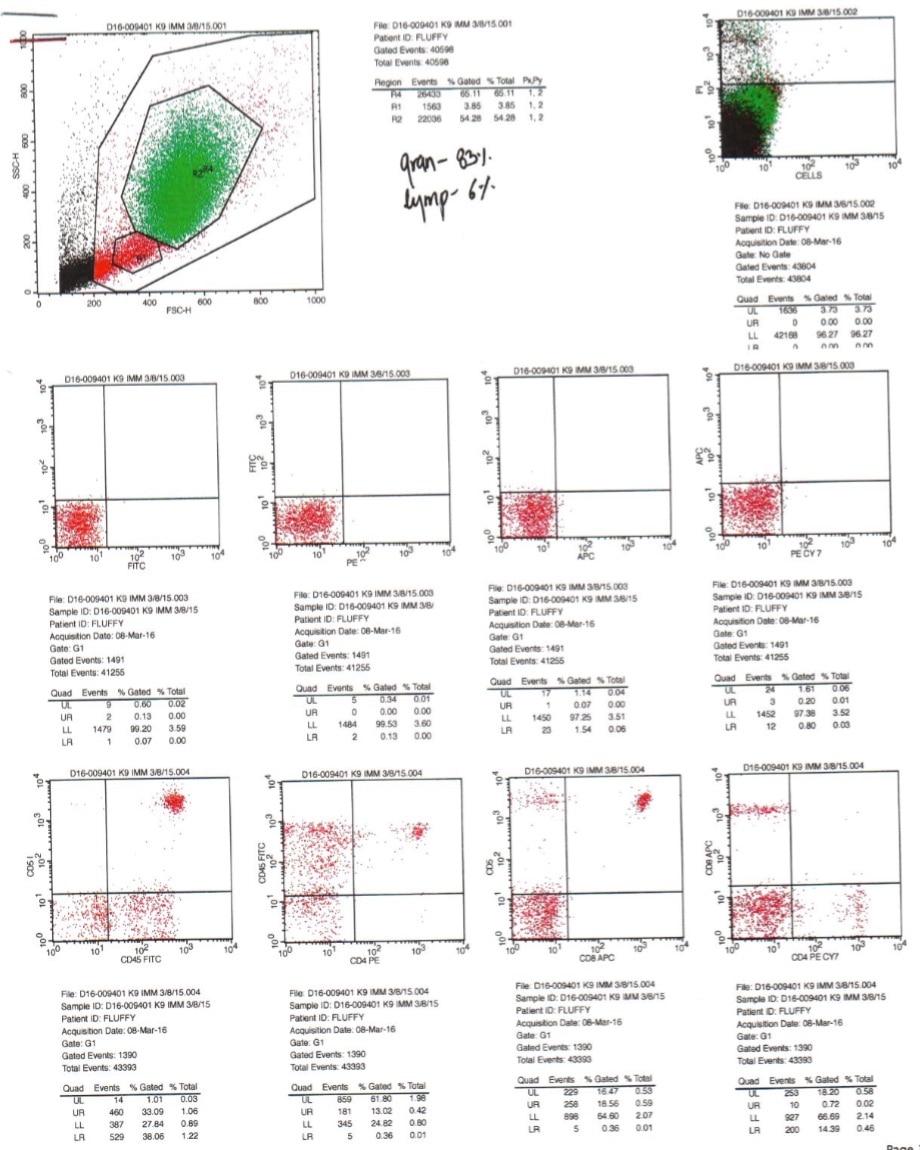| Reactivity | HuSpecies Glossary |
| Applications | WB, Flow, CyTOF-ready |
| Clone | 205919 |
| Clonality | Monoclonal |
| Host | Mouse |
| Conjugate | Unconjugated |
| Concentration | LYOPH |
| Immunogen | Mouse myeloma cell line NS0-derived recombinant human CD5 Arg25-Asn371 Accession # P06127 |
| Specificity | Detects human CD5 in direct ELISAs and Western blots. |
| Source | N/A |
| Isotype | IgG2a |
| Clonality | Monoclonal |
| Host | Mouse |
| Gene | CD5 |
| Purity Statement | Protein A or G purified from hybridoma culture supernatant |
| Innovator's Reward | Test in a species/application not listed above to receive a full credit towards a future purchase. |
| Dilutions |
|
|
| Reviewed Applications |
|
|
| Publications |
|
| Storage | Use a manual defrost freezer and avoid repeated freeze-thaw cycles.
|
| Buffer | Lyophilized from a 0.2 μm filtered solution in PBS with Trehalose. *Small pack size (SP) is supplied either lyophilized or as a 0.2 µm filtered solution in PBS. |
| Preservative | No Preservative |
| Concentration | LYOPH |
| Reconstitution Instructions | Reconstitute at 0.5 mg/mL in sterile PBS. |
CD5, also known as Leu-1, is a type I transmembrane protein belonging to the scavenger receptor cysteine-rich (SRCR) superfamily. It is expressed on thymocytes, T cells and the B1a subpopulation of B cells. CD5 binds the C-type lectin, CD72, and modulates signaling through the antigen receptors on T and B cells. CD5 has been shown to provide either positive or negative co-stimulatory signals depending on cell type to regulate immune responses.
| Images | Ratings | Applications | Species | Date | Details | ||||||||
|---|---|---|---|---|---|---|---|---|---|---|---|---|---|

Enlarge |
reviewed by:
A G |
Flow | Canine | 03/13/2017 |
Summary
|
Secondary Antibodies |
Isotype Controls |
|
How To Identify B Cell Subsets Using Flow Cytometry By Victoria OsinskiUsing Flow Cytometry to Identify B Cell SubsetsIdentifying cellular subsets by flow cytometry requires careful and thorough planning in order to ensure the correct subset of cells are identified... Read full blog post. |
The concentration calculator allows you to quickly calculate the volume, mass or concentration of your vial. Simply enter your mass, volume, or concentration values for your reagent and the calculator will determine the rest.